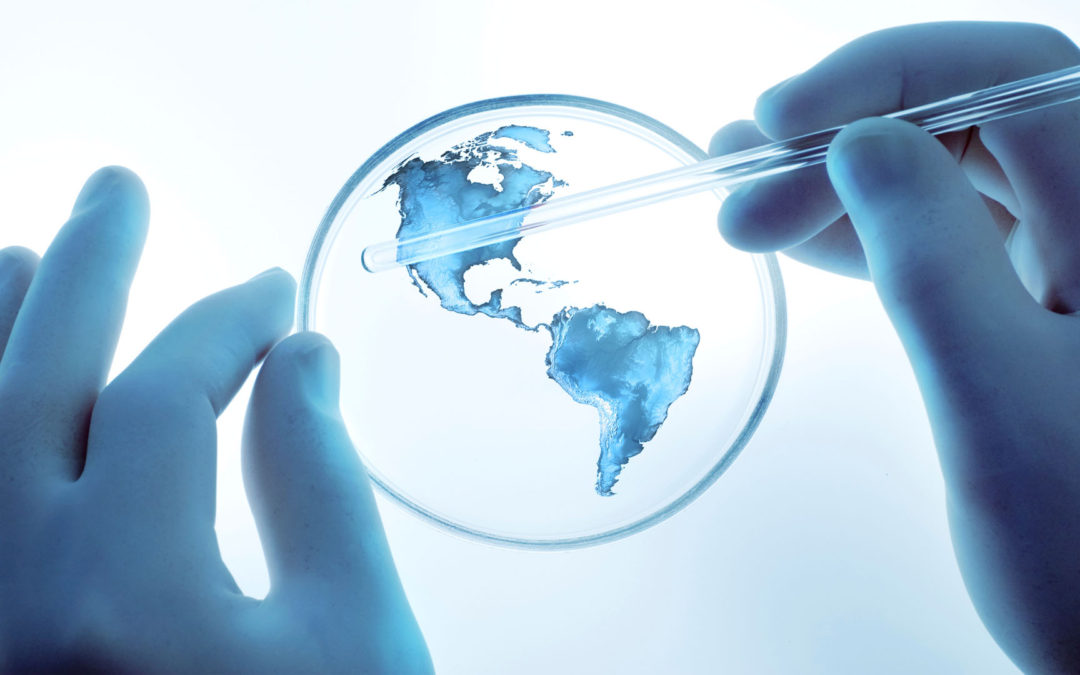Pharmaceutical manufacturing is a strategic U.S. national asset that should never have been off-shored. Reliance on lower-cost manufacturing in Asia, particularly China, is a failed model that has been exposed by the pandemic. The supply chain review ordered by President Biden virtually guarantees that critical pharmaceutical manufacturing and supply chains will be returned to the U.S.
Even without a pandemic, dependence on distant pharmaceutical manufacturing and supply chains could be a huge problem if China were to halt exports of certain raw materials and the pharma ingredients used to produce important medicines as a retaliatory measure — in essence weaponizing life-saving treatments.
At the top of the list are antibiotics, which have been commoditized and offer little incentive for investment in innovation and new drug development. Others include common blood pressure medications and treatments for prevailing chronic diseases. The potential consequences are so acute that the U.S. Pentagon and top military officials were voicing the need for action back in the autumn of 2019. China has already started to restrict rare earths. How long before the same occurs with pharmaceuticals?
Imagine if the next pandemic was caused by a bacterium rather than a virus. Would China export any raw materials to other countries looking to produce antibiotics? Stockpiling antivirals and antibiotics is not an effective way to meet demand during a pandemic; it is only suitable for short-term requirements.
Manufacturing drugs in western countries while retaining high environmental standards, however, will drive innovations that will benefit future society. Local production capability is not required for every drug. The first step is to reshore manufacturing and supply chains for the top 100 medicines that treat the most common diseases.

